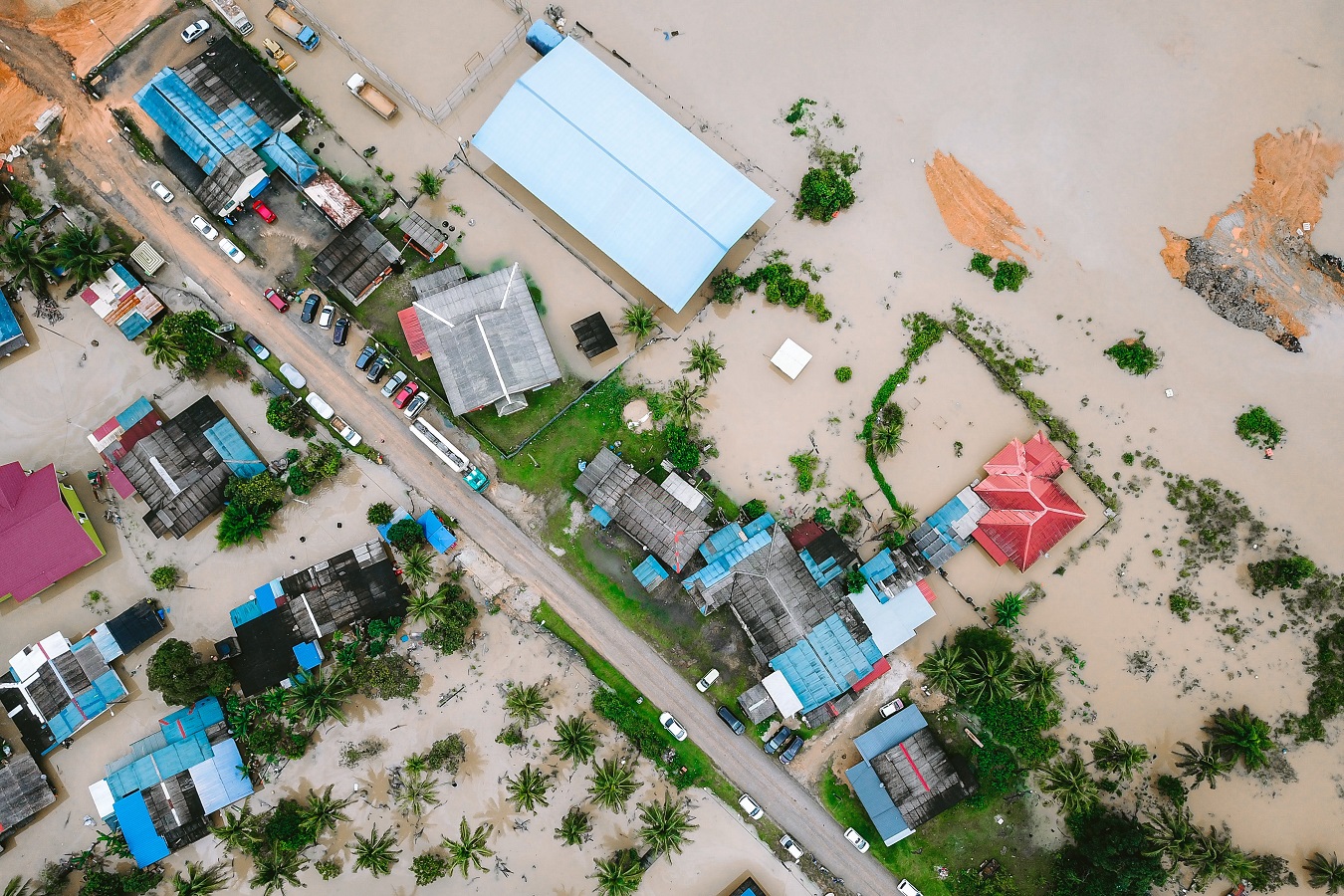Chennai Cyclone Fallout: Waterborne Diseases, Sources, and Prevention Measures
The devastating cyclone Michaung left a trail of destruction in its wake in Chennai, but its impact didn’t end there. The city now faces an increased risk of waterborne diseases and infections due to the flooding and disruption of sanitation systems. This heightened danger underscores the importance of comprehending the diseases, their origins, and how to prevent their spread in order to safeguard the well-being of Chennai’s citizens during this turbulent time.
Cholera is not just another waterborne disease. It poses a serious threat that cannot be ignored. This highly contagious illness is commonly transmitted through polluted water sources, especially during flooding when sewage and drinking water intermix. The culprit behind this deadly illness is Vibrio cholerae, a bacterium that causes intense diarrhoea and dehydration. This is particularly concerning for those who are already struggling in the aftermath of a cyclone.
Typhoid is another frequent waterborne illness, triggered by the bacterium Salmonella typhi, that is easily spread through the ingestion of contaminated food or water. The root cause of this disease can often be traced back to the contamination of water sources by sewage.
The overflowing of floodwaters often brings about a surge in cases of gastroenteritis, also known as stomach flu. This illness, triggered by a range of microbes including viruses, bacteria, and parasites, manifests itself through distressing symptoms such as diarrhea, vomiting, and stomach cramps. The presence of untreated sewage in the floodwaters creates a conducive environment for these pathogens to thrive and multiply, greatly heightening the likelihood of contracting the illness.
Hepatitis A, a viral infection that targets the liver, poses a grave risk to populations. Its widespread transmission is largely due to unsanitary water and poor hygiene practices. What makes this disease particularly concerning is its ability to survive in water for prolonged periods, making it a continual threat, especially in areas with flooding.
In order to effectively prevent the outbreak and spread of waterborne diseases, it is essential that we take immediate and collaborative action. A key aspect of this is boiling water before consumption and regularly washing our hands before eating. Equally important is avoiding consumption of raw or undercooked foods.
Furthermore, it is crucial that we address the root causes of waterborne diseases by implementing improved sanitation measures. This includes repairing damaged sewage systems and ensuring proper waste disposal. The government must also play a role in setting up temporary sanitation facilities in affected areas to prevent further contamination of water sources.
In addition to these measures, providing access to clean water and restoring damaged water supply systems is vital in containing the spread of waterborne illnesses. Raising awareness among communities about proper hygiene practices, water purification methods, and recognizing symptoms of waterborne diseases can also be immensely helpful in equipping them to combat these illnesses. By working together and taking these necessary steps, we can effectively prevent and contain the spread of waterborne diseases.
Effective response efforts to this natural disaster require seamless coordination between local health authorities and non-governmental organizations. It is crucial for these organizations to work together to offer essential medical aid and administer necessary vaccinations. Swift medical attention for those exhibiting waterborne disease symptoms can significantly curb their progression and prevent outbreaks from spreading throughout the community.
A comprehensive strategy that encompasses various aspects such as water purification, sanitation enhancement, public awareness, and timely medical intervention is imperative. By placing emphasis on these measures, we can ensure the protection and preservation of the health and wellness of Chennai’s inhabitants during this challenging time.
